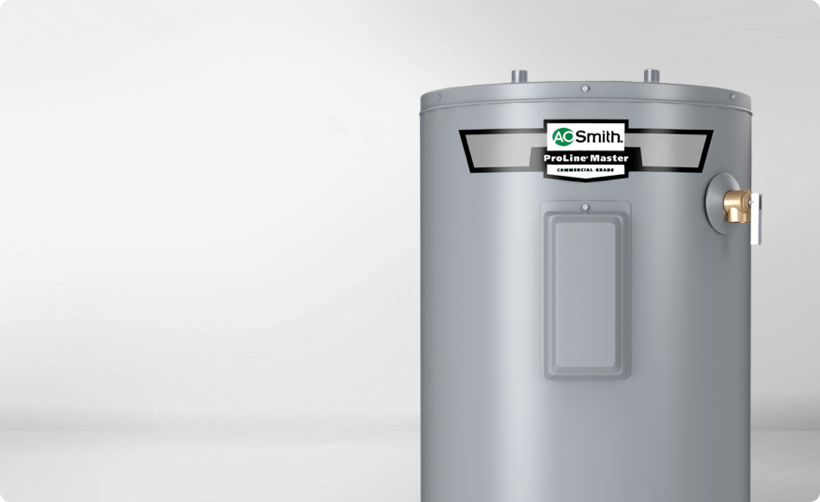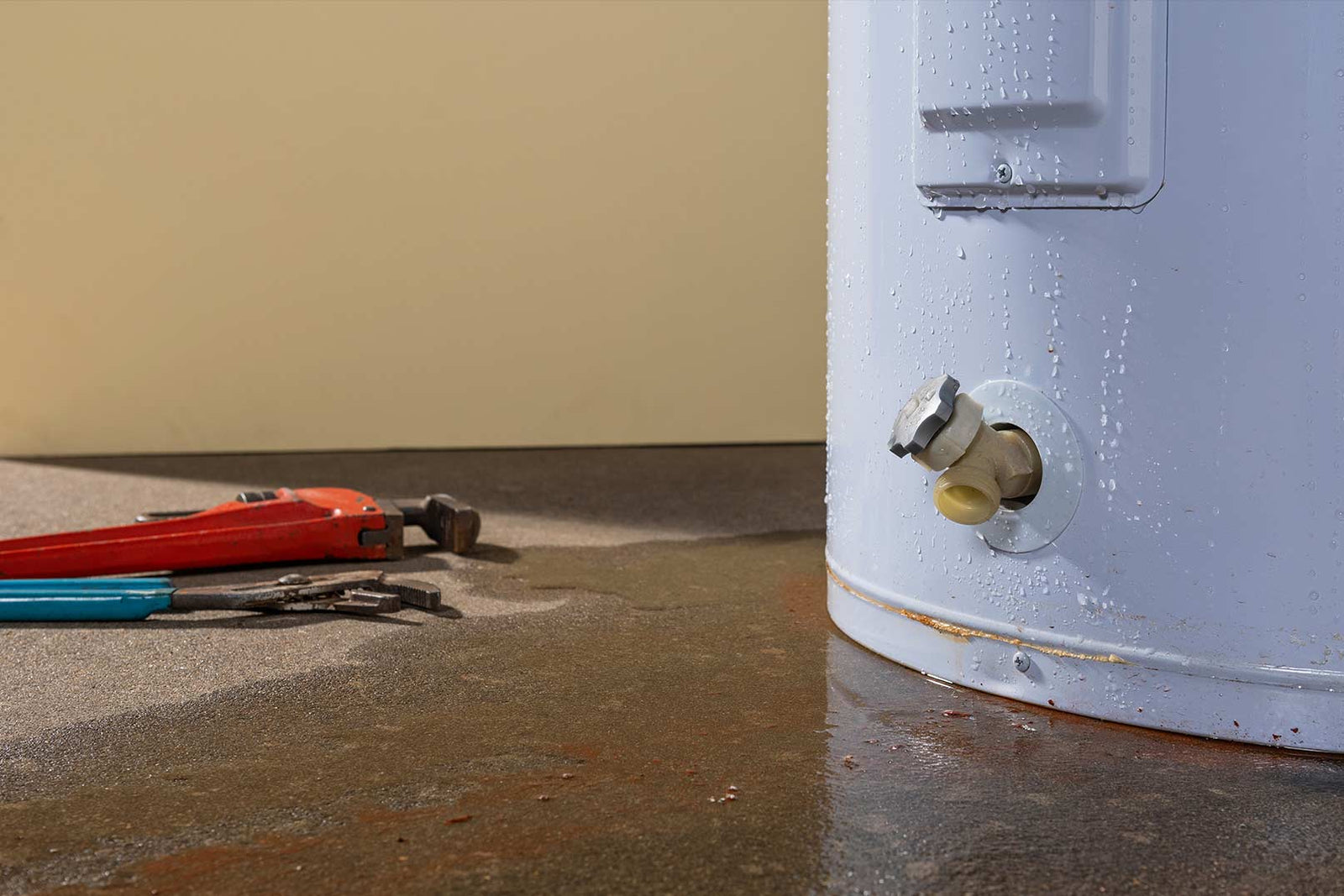
What Does It Mean When Your Water Heater Smells and How to Fix It.
At Parts4WaterHeaters, we the essential role a properly functioning water heater plays in a comfortable and efficient home. Unusual smells coming from your water heater can indicate problems that compromise the performance of this critical piece of equipment. That is why understanding and addressing the root cause of these odors is crucial for both the safety of your household and the longevity of your water heater. In this blog post, we'll explore the common reasons behind why your water heater smells and highlight replacement parts and procedures involved with resolving these issues effectively.
Common Causes of Water Heater Smells
1. Rotten Egg Smell
The most common odor associated with water heaters is a rotten egg smell, which is usually indicative of hydrogen sulfide gas. This unpleasant scent is typically caused by bacteria reacting with a corroded magnesium or aluminum anode rod inside your water heater. When these bacteria thrive in the warm, stagnant water, they produce hydrogen sulfide gas, resulting in that distinctive smell.
Solution: To address this issue, replacing the worn magnesium or aluminum anode rod with a new one, or one made of an alternative material can be highly effective. For example, zinc and aluminum/zinc alloy rods are less likely to support bacterial growth. At Parts4WaterHeaters, we offer a wide range of anode rods, comprised of various materials, that are designed to combat this specific problem. Additionally, flushing your water heater and using a hydrogen peroxide treatment can help eliminate the bacteria causing the smell.
2. Garlic or Sulfur Smell
A garlic or sulfur smell can be another sign of bacterial contamination, but it might also indicate a natural gas leak. If you suspect a gas leak, it's crucial to act quickly.
Solution: If you smell garlic or sulfur, first check for a gas leak by turning off the gas supply and contacting your gas company immediately. If the smell is not related to gas, you can follow similar steps as for the rotten egg smell by flushing the tank and swapping out the anode rod with a quality replacement.
3. Burnt Plastic or Rubber Smell
A burnt plastic or rubber smell often points to an electrical issue within the water heater. Common electrical issues include damaged wiring and overheated components. For example, faulty thermostats can cause heating elements to overwork and produce that scorching odor.
Solution: Turn off the power to your water heater and inspect the wiring and connections for any signs of damage or overheating. If you're not comfortable performing this inspection yourself, it's best to call a professional electrician to handle the issue safely. At Parts4WaterHeaters, we stock a variety of electrical components, including thermostats and heating elements to help you make safe and effective repairs.
4. Moldy or Musty Smell
If your water heater emits a moldy or musty smell, it could be due to a buildup of sediment and organic matter in the tank, creating a breeding ground for mold and mildew.
Solution: Regular maintenance is key to preventing mold and mildew. Flush your water heater tank at least once a year to remove any sediment buildup. Additionally, installing a water softener can help reduce the amount of minerals in your water, preventing sediment accumulation.
Preventative Measures
To avoid unpleasant smells from your water heater, regular maintenance and inspections are essential. Here are a few preventative measures you can take, along with the parts you may need:
- Professional Inspections: Schedule regular professional inspections to ensure all components of your water heater are in good working condition. Our wide range of water heater replacement parts ensures you have everything you need for professional maintenance.
- Anode Rod Inspection: Check and replace the anode rod every few years, depending on the type of water in your area. We offer a variety of anode rods to suit different water conditions.
- Annual Flushing: Regularly flush your water heater at least once a year to remove sediment and bacteria buildup.
- Water Treatment: Consider using water treatment solutions, such as water softeners or hydrogen peroxide treatments, to prevent bacterial growth and sediment accumulation.
Conclusion
Unusual smells from your water heater are often a sign of serious underlying issues. By understanding the common causes of these odors, taking preventative measures and addressing the problem immediately, you can ensure the efficient and safe operation of your water heater. Parts4WaterHeaters is your one-stop-shop for water heater maintenance and replacement parts.
Reach out to our team today to find for high-quality parts you need to keep your water heater running smoothly. Email us at helpdesk@parts4heating.com or call 1-781-245-1007 to get started today.




